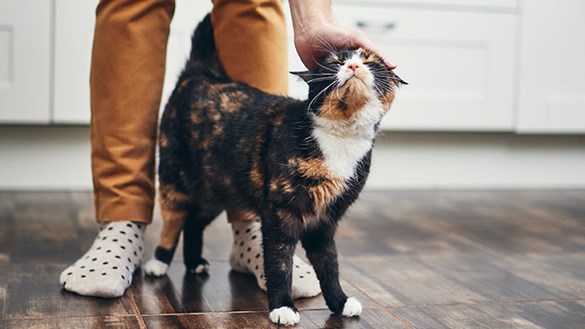Vaccinating Your Kitten
Welcoming a kitten into your home is an exciting time for your family and no doubt they’ll receive plenty of love and affection. But as well as giving them lots of cuddles, kitten vaccinations are the best thing you can do to protect them. Read on to find out more about when to vaccinate your kitten.
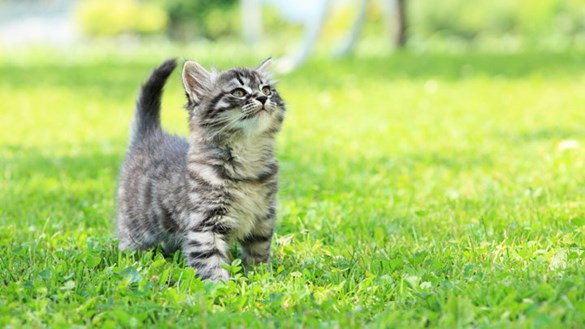
Vaccinating your Kitten
When you welcome a kitten into your family, making them feel at home is your top priority. As well as showing them plenty of love and affection, now is the perfect time to get them vaccinated, while they’re young.
Having your kitten jabbed in the first weeks of their life not only greatly reduces the risk of serious illness, it gets them off to a flying start with their health. It’s all part and parcel of making sure your kitten enjoys a long and healthy life with you.
Our Medivet Health Plan helps you spread the cost of vaccinations and a range of other health checks which will keep your kitten in tip top condition throughout his or her entire life.
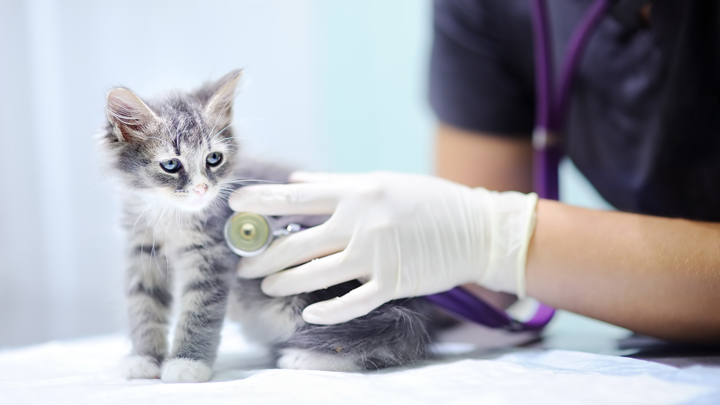
When do I need to vaccinate my kitten?
Your kitten will have some natural immunity acquired through its mother’s milk (provided she was vaccinated) when they were just hours old, but this starts to wane as they grow. Vaccinating at the right times is essential to keeping them healthy - too early and their mother’s antibodies will interfere with the vaccine, but too late and the risk of falling ill if they’re exposed to a disease increases.
Kitten vaccination schedule
- First vaccination is eight to nine weeks old
- Second injection at 12 weeks
- Ideally a third dose at 16 weeks to ensure that there was no interference with their protection from maternal antibodies
- Kittens will need a one-year booster to ensure immunity stays high
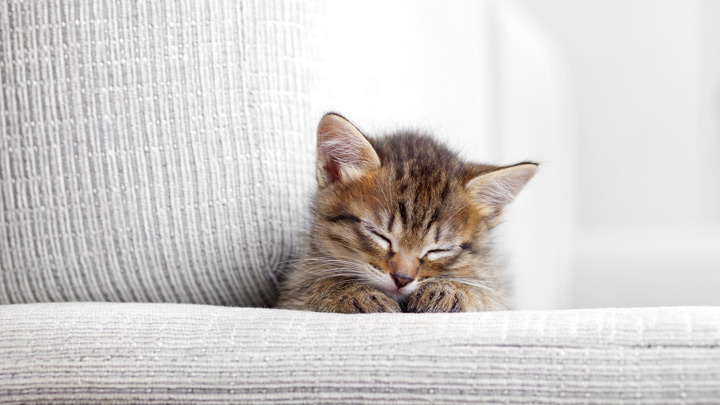
What diseases do vaccinations protect my kitten against?
There are many diseases out there which could make your kitten severely ill, but vaccinations will protect them from most of these. Depending on their lifestyle, they may not need every jab but you should always consult your vet for the best advice on what they need.
- Feline parvovirus (FPV) – FPV, also known as feline panleukopenia, is often fatal in kittens. The disease attacks the gut and immune system causing diarrhoea and vomiting
- Cat Flu - There are two viruses which cause cat flu - Feline Herpes Virus (FHV) and Feline Calicivirus (FCV). Just as human flu can make you feel pretty bad, cat flu can lay your pet low for a while. However, cats can become lifelong carriers of the disease, suffering regular flare ups. It’s particularly dangerous, and sometimes fatal, for kittens
- Feline Leukaemia Virus (FeLV) – FeLV, which attacks the immune system and causes cancers, weight loss, vomiting, lethargy, and diarrhoea. FeLV damages the immune system, meaning they’ll require lifelong specialist care to keep them cancer free for as long as possible
- Rabies – Rabies is a virus which is fatal to both animals and humans, attacking the brain and nerve cells. The UK has been rabies-free since the early 20th Century but it’s still prevalent in other parts of the world so your kitten will need a vaccination if you intend to travel abroad with them
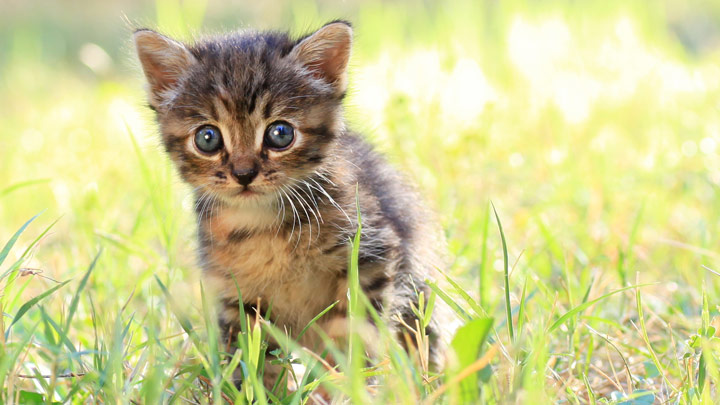
Do kittens need booster vaccinations?
Immune system memory drops over time and a good way to check is with Vaccicheck, which can measure some immune responses. Speak to your Medivet vet about Vaccicheck. There’s no way to measure immune responses for all diseases vaccinated against should your cat be exposed to a virus or bacteria, which is why they will need boosters for ongoing protection. Some vaccines will need annual or three yearly booster vaccinations (depending on disease being vaccinated against). Talk to your vet to plan your kitten’s boosters.
On top of that, as cats age, just like humans, immune response can be slower and less effective. Annual vaccinations offering them a helping hand in the fight against serious disease.
Do house cats need to be vaccinated?
Just as humans have childhood vaccinations to protect them from diseases such as Polio and Diphtheria, cats need them too.
Even if you intend your kitten to be a house pet and you’re not planning letting them outside, they’re still at risk – some of the bugs that cats are at risk from are particularly hardy, survive a long time on surfaces and can be brought into your house on your shoes, hands and clothing.
When can kittens go outside after vaccinations?
You should keep your kitten inside until they’ve had their second vaccination at 13-14 weeks due to the possibility of infection, and diseases such as cat flu or enteritis (inflammation of the small intestine). Ideally, you should wait at least a week until after their second jab. You can them supervise them to let them explore outside. Find out more about keeping your cat in the outside.
Are there any risks with vaccinating my kitten?
Vaccines are very safe for your kitten and they shouldn’t suffer any long-term ill effects. It’s quite common for them to be a bit lethargic or out of sorts after the jab but they usually recover quickly. Very rarely a kitten may suffer breathing difficulties or seizures. If you’re at all worried it’s best to contact your vet straight away.
Find your nearest practice

Pet Healthcare Plans
On average our clients save up to £280 each year with the Medivet Healthcare Plan.
Learn more



